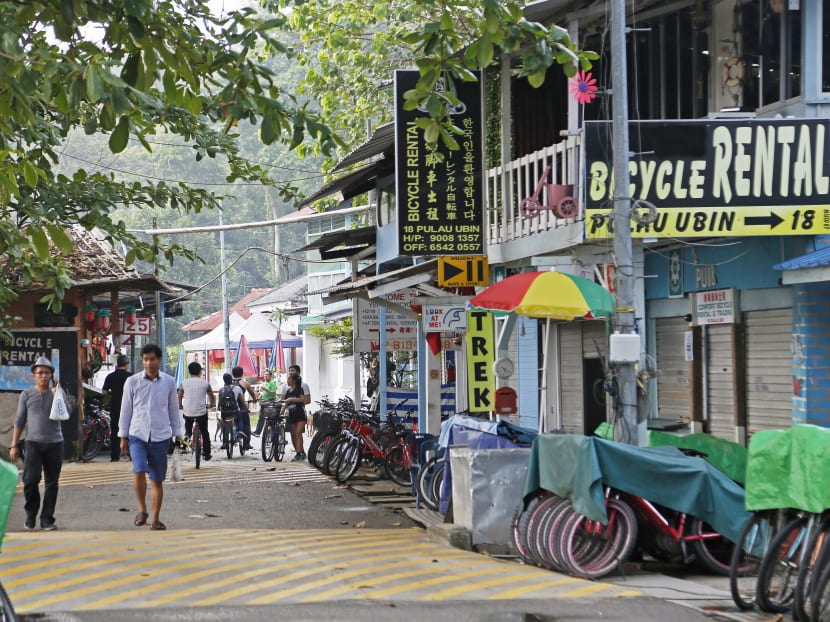Ubin residents leave deep impression on researchers
SINGAPORE — For the past six months, documentary filmmaker Clarice Lee has been chronicling the lives of the Pulau Ubin residents and she is left in awe with the rich knowledge that they possess.
SINGAPORE — For the past six months, documentary filmmaker Clarice Lee has been chronicling the lives of the Pulau Ubin residents and she is left in awe with the rich knowledge that they possess.
For example, there is this resident who leaves leftover food outside her house for wild boars. Not only can she distinguish between the different birds through the sounds they make, she also has extensive knowledge of the medicinal value of plants. “They have a very humanistic touch to understanding the world. The world is very real to them, it’s not just words on a page,” she observes, adding that this kind of knowledge is different from that attained by someone trawling the Internet - or “Googling”, as she puts it.
This is in stark contrast with life on the mainland where people seem to have lost a sense of wonder and curiosity, and instead coop themselves up indoors, she notes. “They spend so much time staring at their phones, till they forget what it means to look out at the world... It’s a pity because there’s so much to learn by simply looking and observing,” she says.
Ms Lim is part of a cultural mapping project commissioned by the National Heritage Board (NHB). The project, which started in April, has found that the Ubin residents contentedly make a living off fishing and farming, selling their goods to each other and to visitors, and occasionally on the mainland. Special interest groups — from mountain bikers to nature enthusiasts — have also made efforts over the years to preserve the island’s charm.
The study is led by Dr Vivienne Wee, project director of strategic research consultancy Ethnographica. The researchers, who have talked to more than 40 former and current Ubin residents, expect to complete their field work by December or January.
Dr Wee notes that the interactions between the islanders and people from the mainland have “mushroomed organically”. This is something that she finds exciting, she says.
For instance, a company organises learning trips for children to the home of Ubin resident Ahmad Bin Kassim, 80. The children take part in cultural activities such as batik painting or to learn about traditional spices and herbs from Mr Ahmad. This year’s Siglap Day — a community event organised by the constituency — saw more than 1,000 mainlanders visiting the island, engaging in cultural activities.
Says Dr Wee: “So you see, there are all these different streams of activities most people don’t know about….It’s not orchestrated, not top-down, and I think this process should be allowed to develop organically.”










